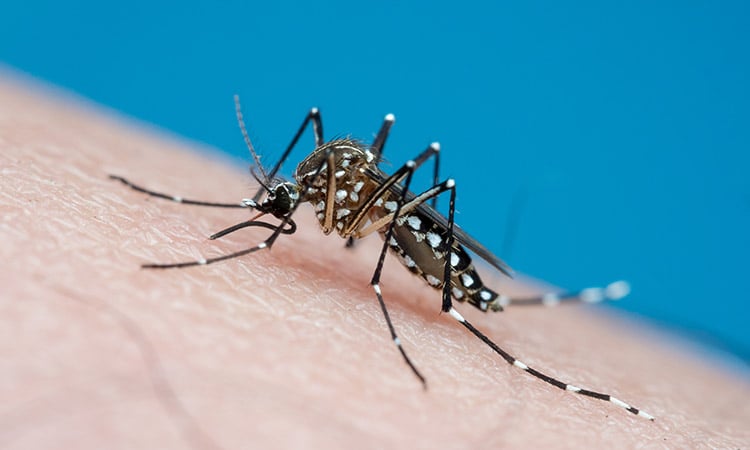Biotech: Can Microscopic Sentries Protect US Troops?

“We’re talking about soaking uniforms in DEET, which is toxic,” said Stratus-Cullum. “Can we actually create a barrier to repel and prevent insects from even infecting the soldier? We have some strategies to do that.”
For example, added Battelle scientist and DARPA alumnus Justin Sanchez, it’s possible to use the gene-editing enzyme CRISPR-Cas9 to alter a microorganism’s DNA so it exudes a volatile substance — i.e. an odor — that repels insects.
Read the full article
Posted
Jun 30, 2019Author
Sydney Freedberg Jr.Publisher
Breaking DefenseMedia Contacts
Katy Delaney
Director, Media Relations
Office: 1.614.424.7208
Email: [email protected]
T.R. Massey
Senior Media Specialist
Office: 1.614.424.5544
Email: [email protected]